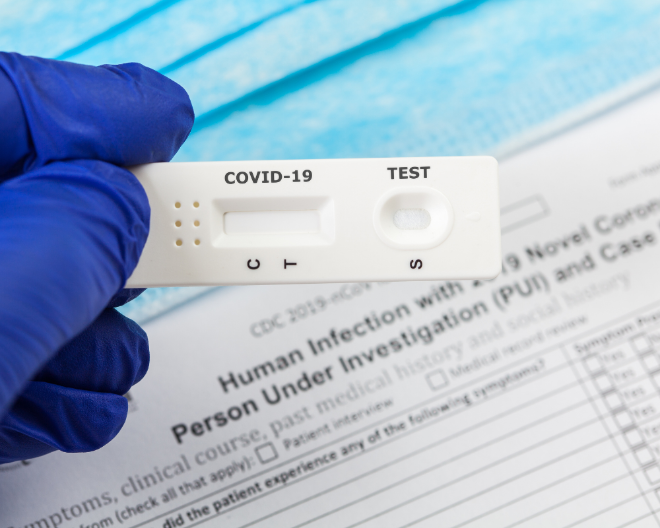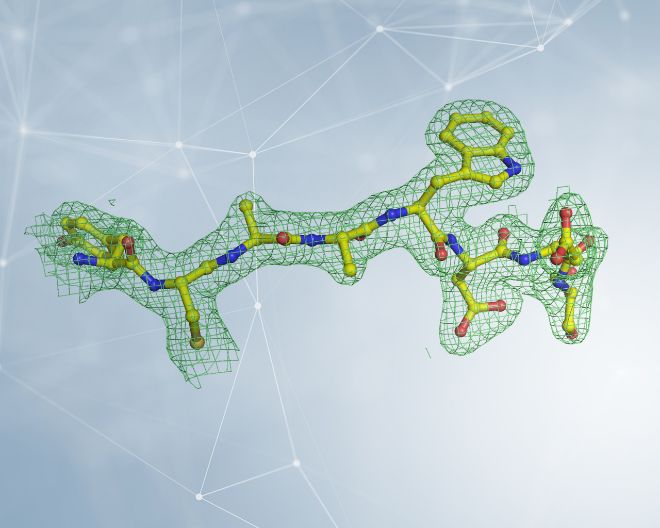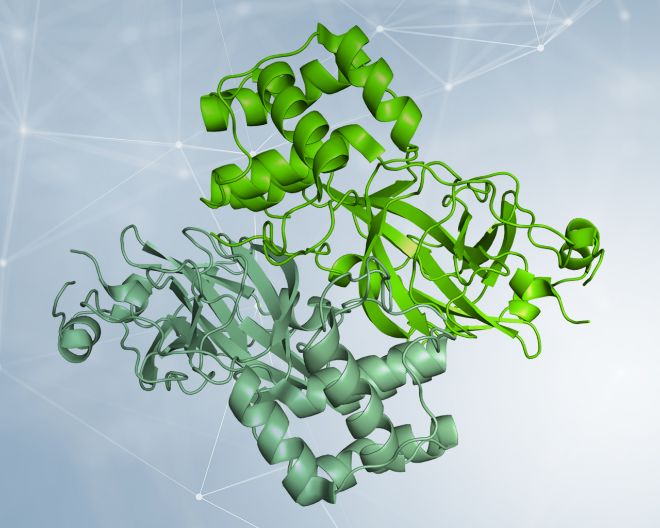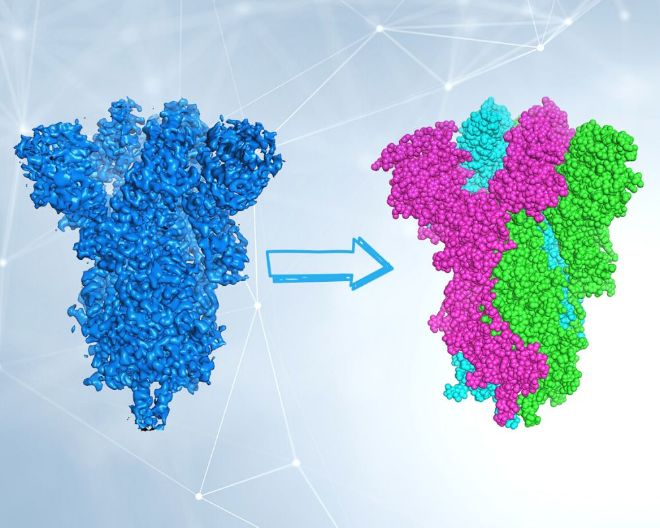
The artificial intelligence project was born from a partnership with UniSR as leader and the collaboration of Microsoft and Nvidia. It will allow to distinguish, already in the early stages of the disease, the patients infected with SARS-CoV-2 who will develop the most serious form of the pathology
An autonomous learning platform able to calculate for each individual - based on a series of clinical and diagnostic indicators - the probability of developing the most severe forms of Covid-19, thus allowing targeted and timely health interventions and reducing the impact on the sanitary system.
This is the objective of the AI-SCoRE project (acronym of Artificial Intelligence - Sars Covid Risk Evaluation), carried out with the contribution of resources from the European Union, the Italian Republic and the Lombardy Region and co-financed from POR FESR (Fund European Regional Development) 2014-2020.
Created by Prof. Carlo Tacchetti (Professor of Human Anatomy in UniSR) and Antonio Esposito, (Associate of Radiologyin UniSR), respectively director and vice-director of the Experimental Imaging Center of the IRCCS San Raffaele Hospital in Milan, the project includes:
- a first phase coordinated by UniSR, to collect data from over 1,500 patients - recruited from San Raffaele Hospital, ASST Bergamo Est - Ospedale Bolognini di Seriate e Centro Cardiologico Monzino;
- a second phase of development and implementation of the algorithm, which will be "trained" to learn how to combine them in an "intelligent" way to predict the risk of the individual patient; this will be developed in collaboration with two world giants of computer science such as Microsoft and Nvidia, with the Omics Sciences Center of the IRCCS San Raffaele Hospital directed by Dr. Giovanni Tonon, and with the support of two companies: Orobix srl, a company active in the engineering, production and governance of AI systems with experience decennial and international in healthcare and Porini, Microsoft's center of excellence and international partner on Cloud Azure platforms and Advanced Analytics solutions;
- a third phase of testing and validation of the product on a second court of patients and in any prospective studies.

The goal of AI-SCoRE
The new coronavirus is highly contagious. However, despite the spread of the virus and its ability to bring entire healthcare systems to their knees, only a small percentage of patients - around 5-10% - develop the most serious (and sometimes fatal) forms of the disease. Often these forms have a rapid and unpredictable course that lead the patient to go from a mild symptomatology to a serious respiratory insufficiency in a very short time.
The aim of the project is twofold: on the one hand to recognize in the general population the people at greatest risk of developing severe forms of Covid-19 if infected with the virus, those to be protected the most; on the other hand, to recognize among the patients who show the first symptoms of Covid-19 those who will have the worst prognosis.
The project will start from this second objective, with an AI algorithm that will integrate diagnostic images, clinical and laboratory parameters, inflammatory status, and genetic profile of the patient and the virus.
"In Phase I, we were unable to identify the most fragile people among the patients with the first symptoms of the disease in advance" explains project coordinator, Prof. Tacchetti.
“We want to be able to do it quickly and precisely, because only in this way will we be able to understand who the subjects are that, once infected, need prompt treatment, even in the absence of serious symptoms. Obviously, our dream is to push beyond this potential and take advantage of this opportunity to develop transversal algorithms capable of identifying the subjects most at risk also in the general population, and not only in those with suspicion Covid-19".
AI-SCoRE will not only allow Phase 2 of the Covid-19 pandemic to be addressed more efficiently and effectively, but it could have implications in many other contexts where stratification of health risk is critical, including epidemics and pandemics in the next future.

You might be interested in

Rapid and portable tests for COVID-19: UniSR partner of the CORONADX project

Structural biology for SARS-CoV-2: X-ray crystallography

Developing antivirals in a rational way: “blunting” the SARS-CoV-2 scissors

